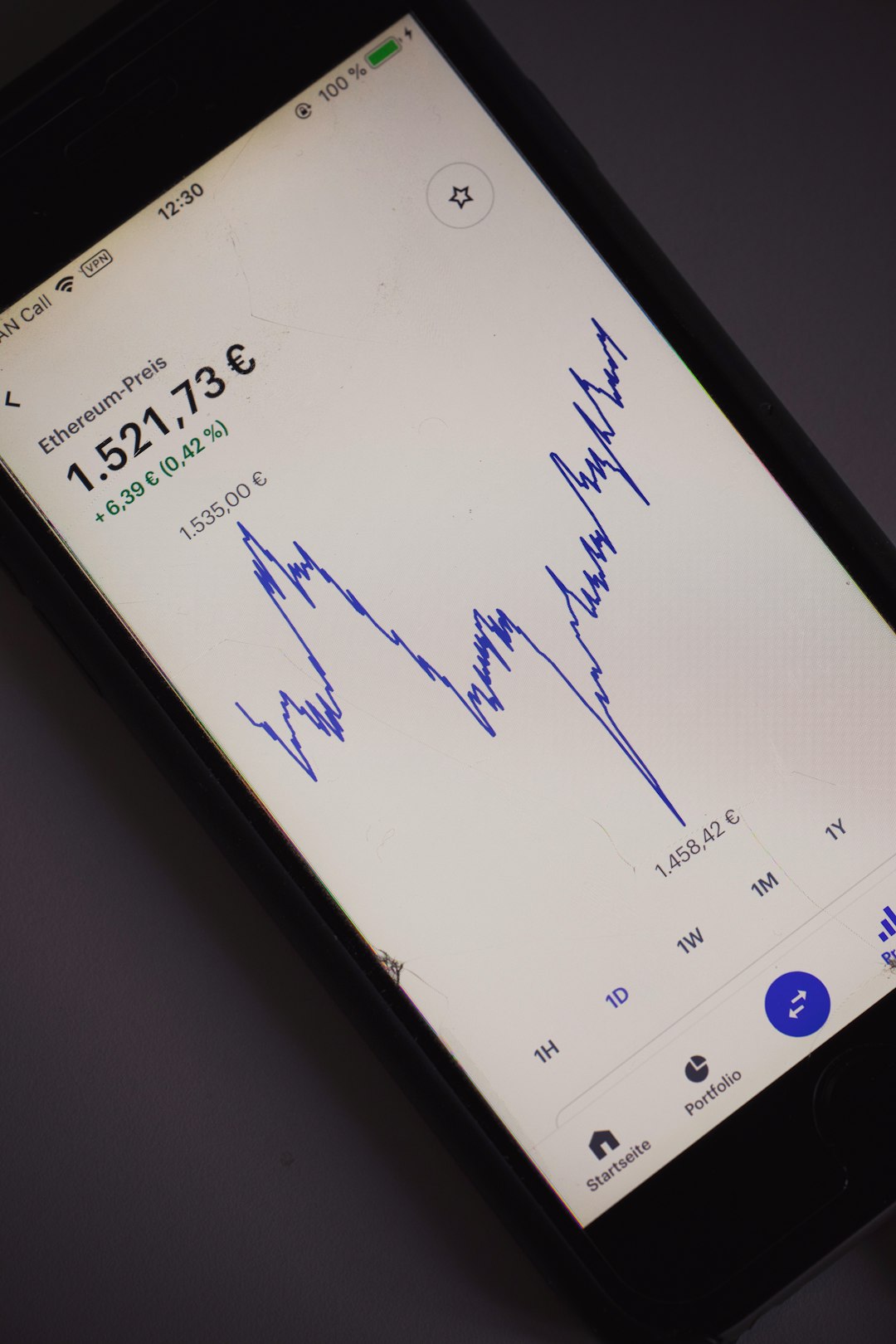
Asia-Pacific stocks soared at the beginning of the week, driven by optimism around robust U.S. payroll data and renewed hopes of economic stimulus from China. Investors are taking a positive outlook on the region as these key developments offer signs of economic stabilization and potential growth opportunities.
U.S. Payroll Data Spurs Optimism
One of the primary catalysts for the stock market rally was the upbeat U.S. payroll report. The U.S. added 336,000 jobs in September, significantly surpassing expectations. This data alleviated fears of a sharp economic downturn in the U.S., boosting global markets, particularly in Asia.
The strength in U.S. job growth reassured investors that the world’s largest economy remains resilient, even amid higher interest rates. This confidence spread to Asian markets, with key indices seeing gains across the board.
China’s Stimulus Measures Fuel Investor Confidence
In addition to U.S. job growth, hopes surrounding China’s potential stimulus further bolstered Asian markets. China’s economy has been facing challenges, including sluggish growth and deflationary risks. However, reports indicate that Beijing may introduce a fresh round of economic measures aimed at stimulating demand and revitalizing its manufacturing sector.
This expectation provided a significant boost to stocks across the region, particularly those exposed to China’s economy, such as technology and consumer discretionary sectors.
Stock Market Reactions Across Asia
Asian stocks reacted positively to both developments. Major indices like Japan’s Nikkei 225 and Hong Kong’s Hang Seng saw notable gains during the trading session. Investors are positioning themselves to capitalize on potential upside as China’s stimulus could provide a much-needed push to sectors that have underperformed in 2024.
For a closer look at how these market movements could play out, investors can use FMP’s Market Biggest Gainers API to track the stocks that are benefiting the most from this renewed optimism.
Risks to Monitor
While the rally is promising, there are risks that investors should be aware of. Any delay or lack of clarity on China’s economic measures could lead to market volatility. Additionally, the global economic landscape remains uncertain, with ongoing geopolitical tensions and inflation concerns that could weigh on growth.
Investors looking to stay informed about potential risks can utilize FMP’s Economics Calendar API to track key economic events and indicators that may impact the market in the coming weeks.
Conclusion
The surge in Asian stocks underscores the influence of both U.S. economic resilience and potential stimulus from China. As global markets continue to react to these factors, investors must remain vigilant and informed to navigate the evolving landscape effectively.
At CWEB, we are always looking to expand our network of strategic investors and partners. If you're interested in exploring investment opportunities or discussing potential partnerships and serious inquiries. Contact: jacque@cweb.com

